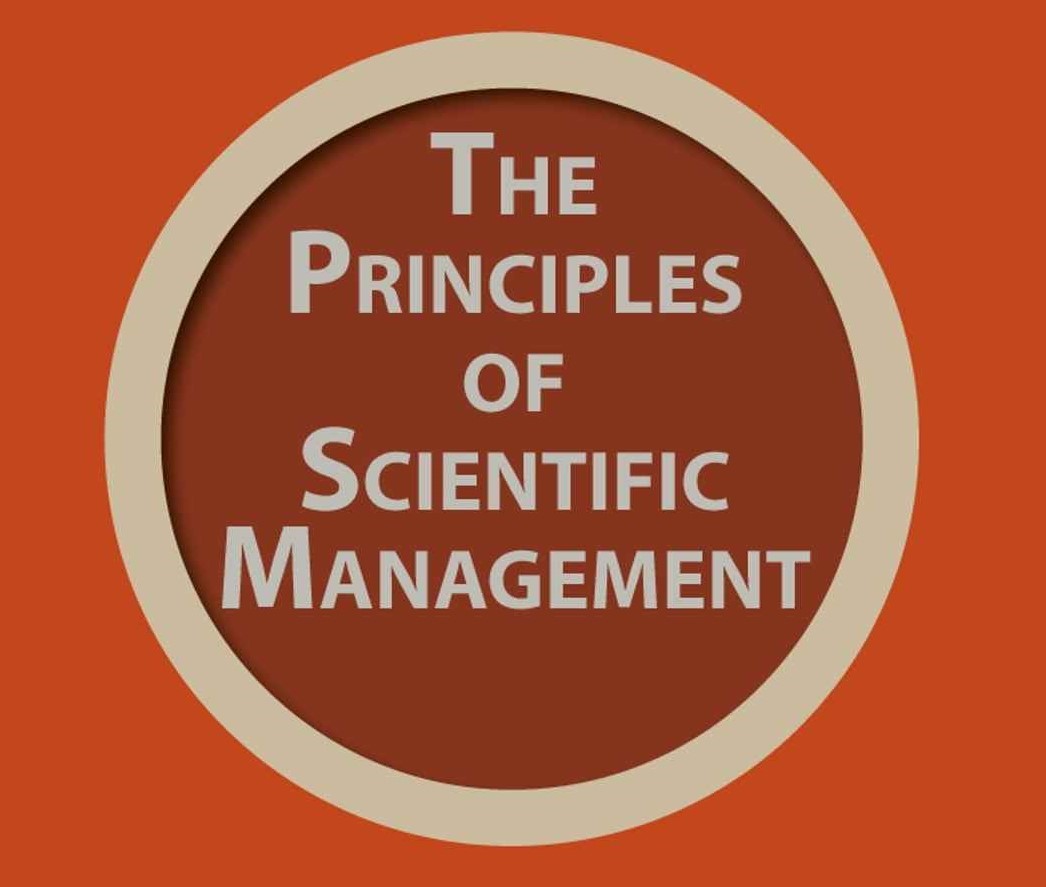01 Aralık 2016 8179 0 AGILE DEVELOPMENT Hakan Aksungar
What is the servant leadership?
A new leadership model was developed by Robert Greenleaf in the 1970s, where employees could develop their individual capacities in a human-focused approach that could meet each other's needs and empower them to value, better product, empower rather than destroy.
Servant leadership can be associated with participatory leadership style. The highest priority of a servant leader is to encourage, support and activate the potentials and abilities of subordinates. It ensures that the responsibilities of the leaders are transferred to Team employees and that they also take responsibility for their decision-making. .
The servant leader goes beyond the subordinate relationship with the employee and the hierarchical relationship between the leader and the subordinates ceases to exist. Servant The main focus of leadership responsibility is to increase employee performance and job satisfaction.
Servant Requirements to be a leader,
- Persuasion ability does not show strength to make others do what they want. Using their ability to persuade their expectations to happen, they allow others to fully believe what they will do.
- Providing emotional support, When followers get something bad in their heads, they trust him to take refuge in their Leader. They are closely interested in the spiritual condition of the others and give them support in every situation.
- Awareness is aware of everything around you. He evaluates everything he observes in the environment to understand what is happening. They make use of these evaluations while giving their decisions.
- Conceptualize, has the ability to convey ideas and visions to others clearly. It creates an environment that allows followers to have great thoughts and great dreams like themselves.
- To give importance to the development of the individual, to care for the development of the others. The development of followers in both professional and personal sense is one of their main goals.
- Listening is a good listener. The ideas of others are extremely important to him.
- To set up an empathy, puts itself in the face of the self. So he guesses what he thinks and how he feels. It recognizes the needs of others in advance.
- Predicts, anticipates future opportunities and threats ahead of time, and ensures that decisions are made in consideration of this foresight.
Servant Leaders try to be reliable, self-aware, humble, visionary, empowering, relational, competent and productive.
Servant Leadership is a leadership approach that is self-aware, has improved listening skills, contributes to the development of colleagues, is careful not to control, makes team coaching, observes and predicts the energy and intelligence of team members.
Unlike leadership approaches in a hierarchical manner from top to bottom, Servant Leadership emphasizes business unity, trust, use of empathy. The individual is first a servant, to serve others better, to make a conscious decision to lead in order to increase his own strength. The aim is to improve the development of individuals in the organization and to improve team work and personal participation.
Advantages
- It is seen as a long-term concept for life and work, and has the potential to influence society positively for this reason.
- The demonstration of exemplary behaviors to employees results in excellent behavior by customers and high customer loyalty.
- Service Leaders ensure that employee participation is at a high level, ensuring that employees are at their discretion and offer ideas and are more agile in change and innovation.
- Provides an excellent corporate culture in the organization.
- Servant leaders are managers who respect and respect the employees. They get better performance from workers on the counter.
What is the difference between Servant Leader and Self Serving Leader?
The Leader, who serves for himself, feels uncomfortable to criticize, fearful of his reputation being damaged. He is reluctant to support the growth of future Leaders.
Servant Leader prioritizes the development of company employees. The criticism made to him is evaluated to be a better leader and everyone to be able to serve better. Your position is temporary. He tries to evaluate time not only to himself, but also to others to make the best profit. He tries to develop the Leader to succeed him and then to be governed with the same devotion.
Think of your managers at your company, and you have your leaders who have the common characteristics I'm talking about!










